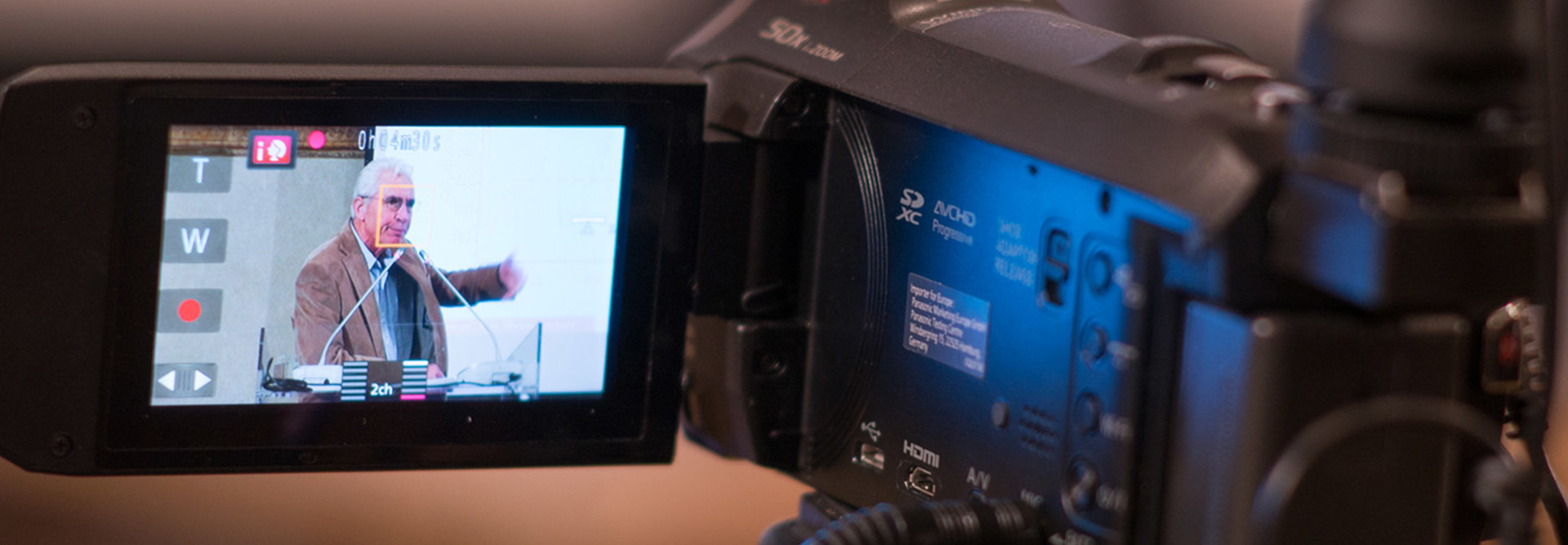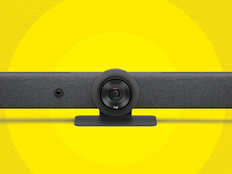Rewind and Review: Videos Help Professors Grade Themselves
Using video observation to improve performance is nothing new on college campuses, but it typically happens in the athletics department, not the classroom. That could be changing, according to a recent Harvard University study suggesting the same tactic could benefit educators.
In an article in EducationDIVE, Erin McIntyre reports that Harvard’s two-year study found that video observation improves teacher evaluation in several ways.
Practically, video is easy and reliable. More importantly, according to study co-author Miriam Greenberg, reviews of teachers’ video-recorded performances were more productive than reviews based on in-person observation. Feedback was more specific, and instructors reaped the benefit of watching themselves interact with students in a way that’s difficult to do in real time.
Harvard’s study focused on K–12 evaluation, but several colleges and universities already offer video observations to faculty as a powerful tool to assess and strengthen teaching.
At the University of Michigan, the Center for Research on Learning and Teaching (CRLT) encourages faculty members to obtain feedback in several ways, including student questionnaires, self-reflection and peer observation. The CRLT also offers video observation and confidential reviews with its staff to faculty and instructors throughout the university.
Those videos, the center suggests, could have the edge in delivering useful insight: “One of the most powerful and helpful forms of feedback on your teaching can be the viewing of a videotape of one of your class sessions. It will give you information on your teaching unavailable any other way — it will help you see yourself as others see you.”
Through Harvard’s Derek Bok Center for Teaching and Learning, anyone teaching an undergraduate class at Harvard can request a video recording and can then review it with a trained consultant. Like the University of Michigan’s CRLT, the Derek Bok Center suggests video has unique advantages: “It’s a much more direct and complete record of your class than can be provided by a human observer, no matter how experienced. Particularly, teacher-student and student-student exchanges are very valuable moments to reflect on that can only be captured on video.”
The University of Colorado at Boulder considers video observations so important that students are required do two in order to complete the Graduate Teacher Program. Students use the videos, which they review with a lead teacher or a staff consultant, as the basis for a self-assessment and an improvement plan.
Videos in college classrooms are already ubiquitous through multimedia curricula and online learning programs, but more often than not, they are part of a strategy to educate and engage students. Videos support distance learning and collaboration, play a key role in flipped classrooms and deliver instruction in the mobile, on-demand manner that today’s college students expect.
As research continues to confirm the value of video observations, however, setting up a video camera in the classroom and aiming the lens at the professor could become just as common — perhaps as common as video cameras on the football field.









